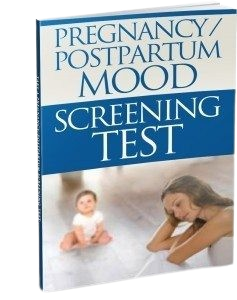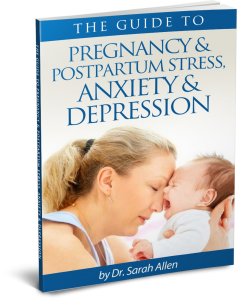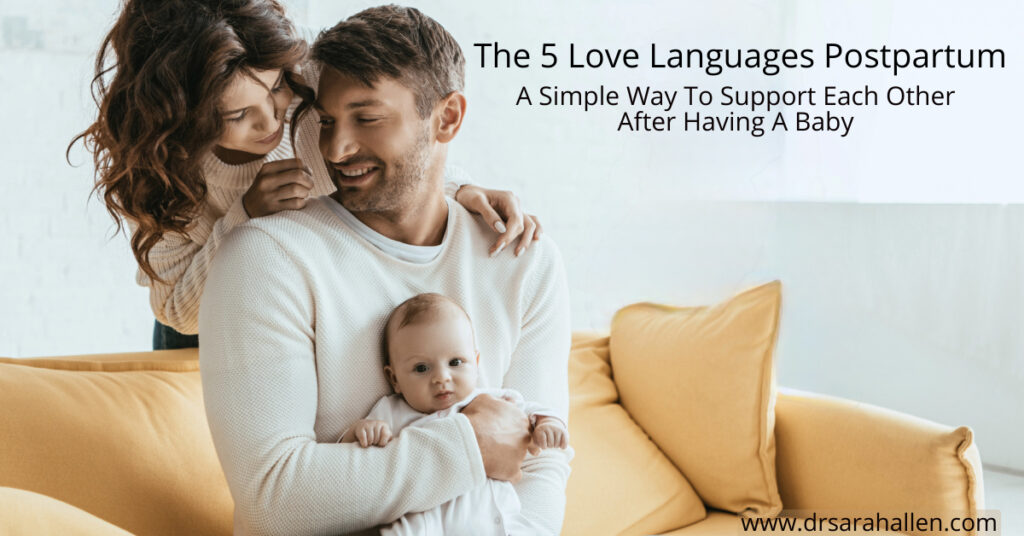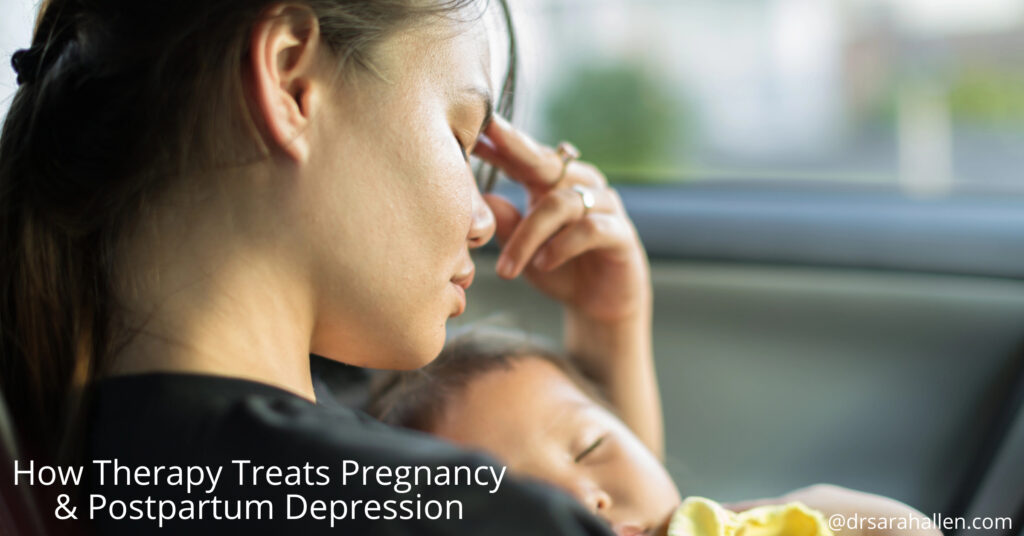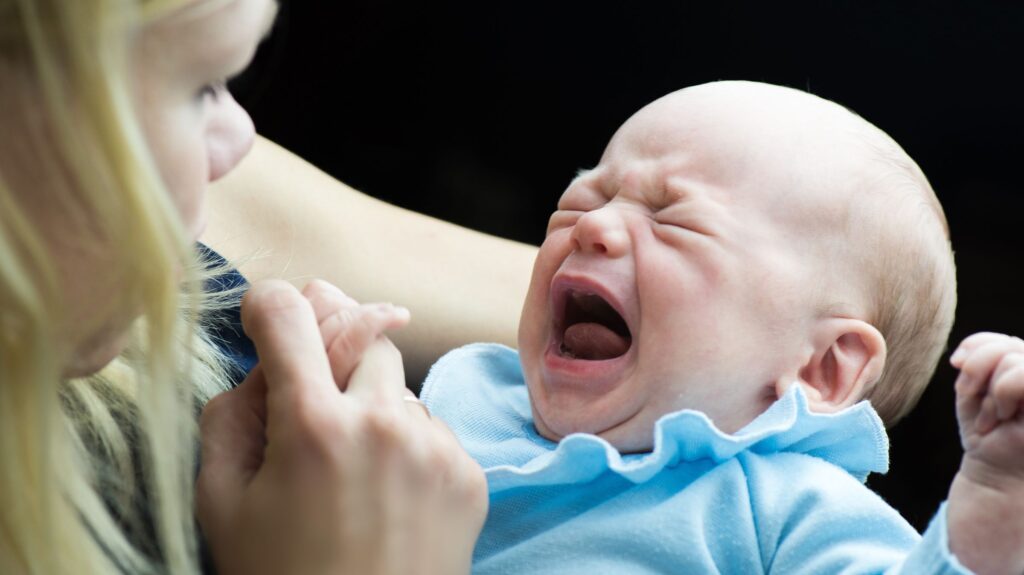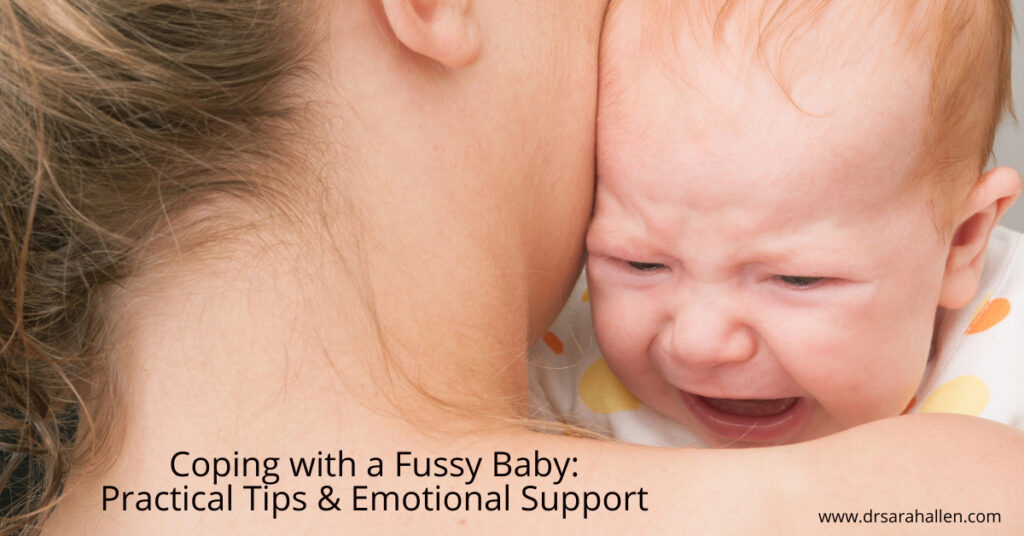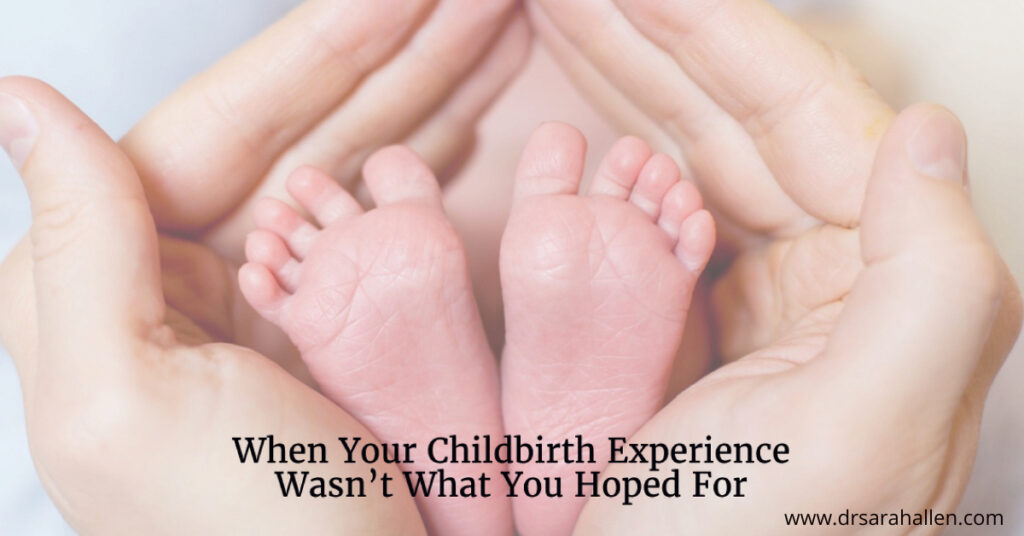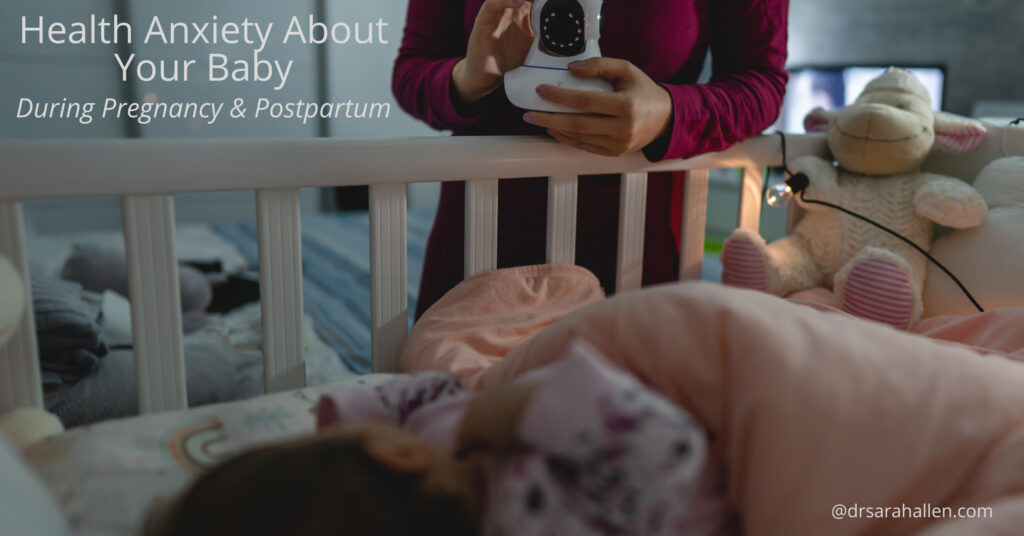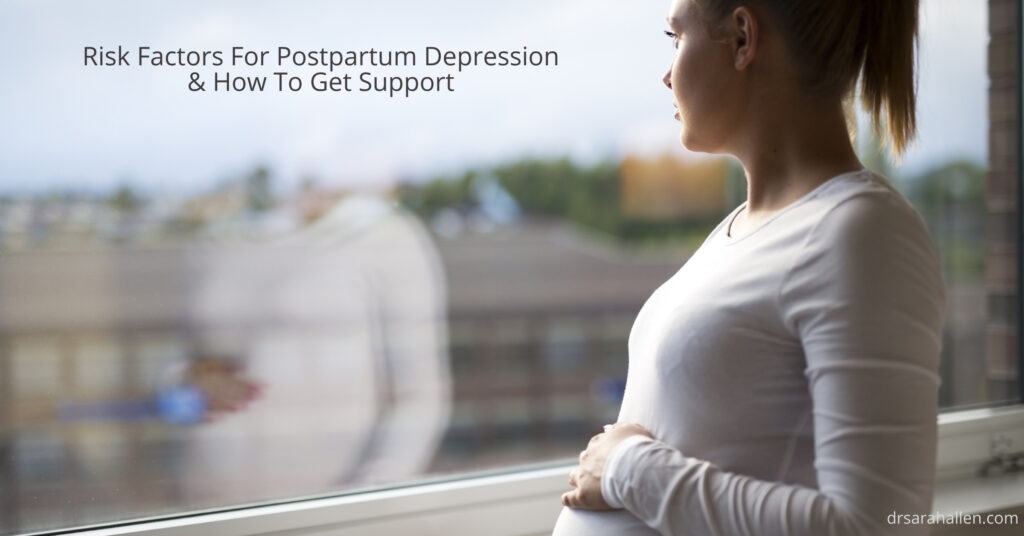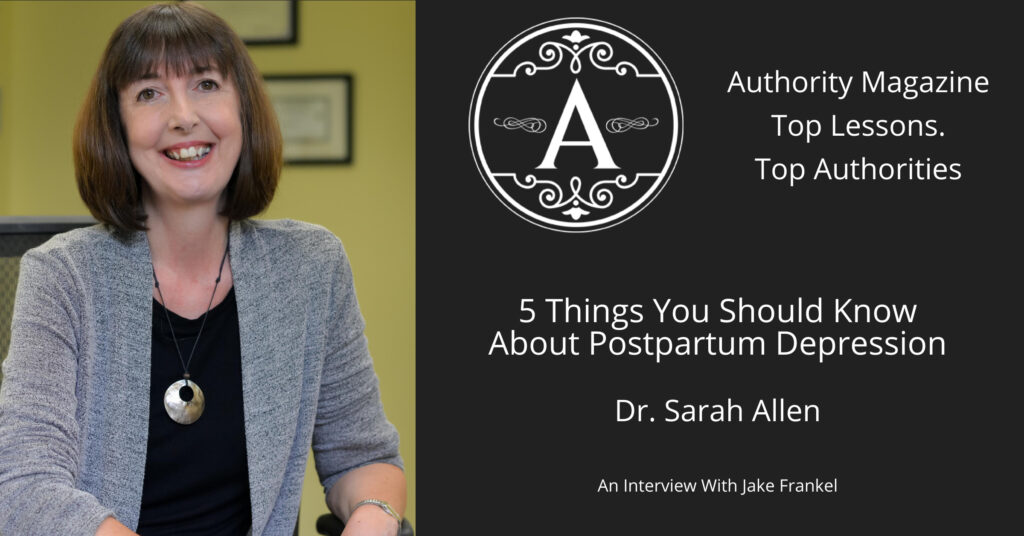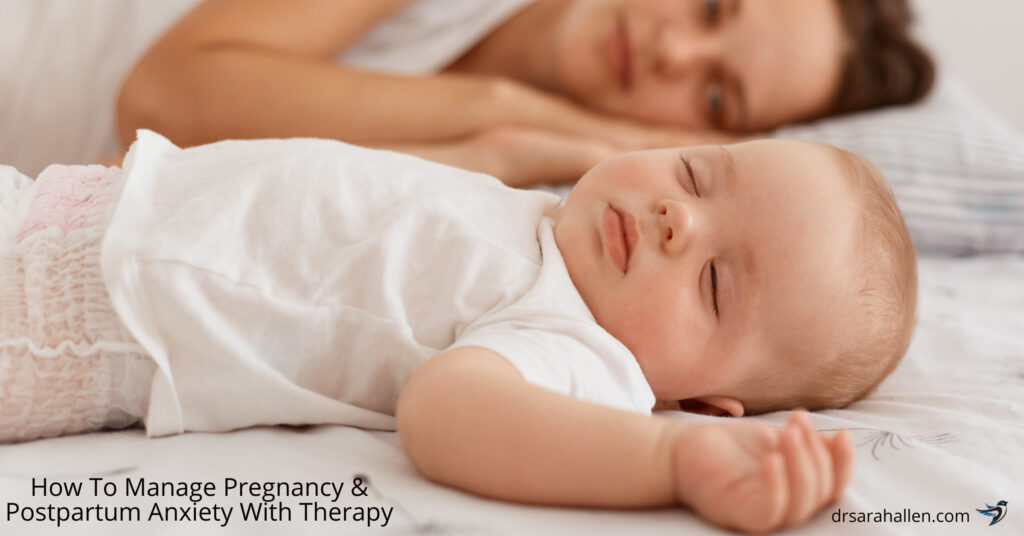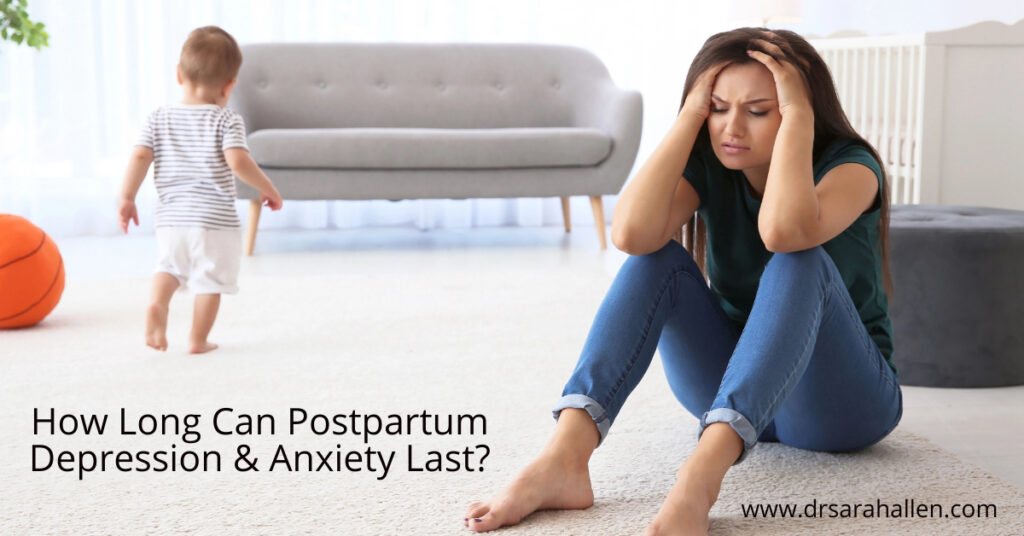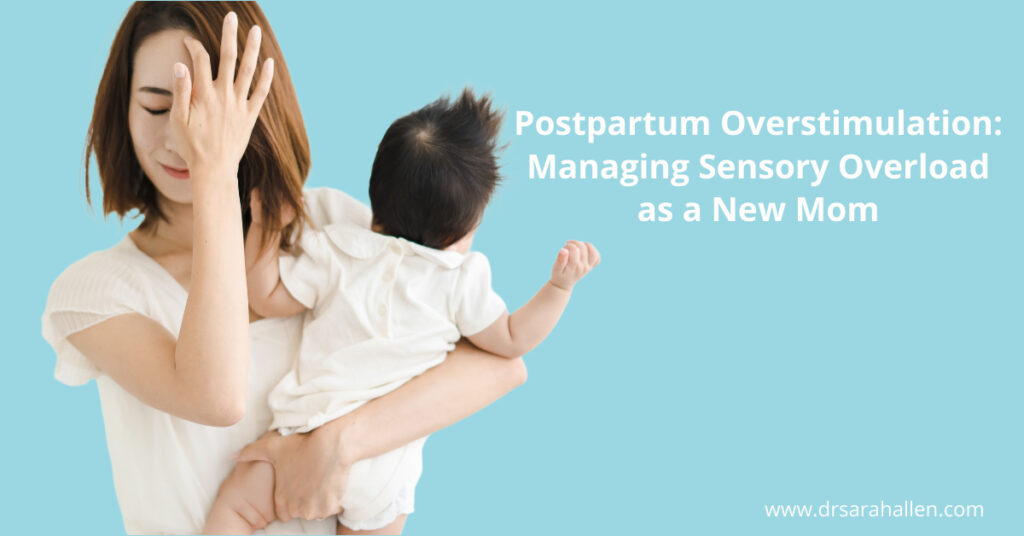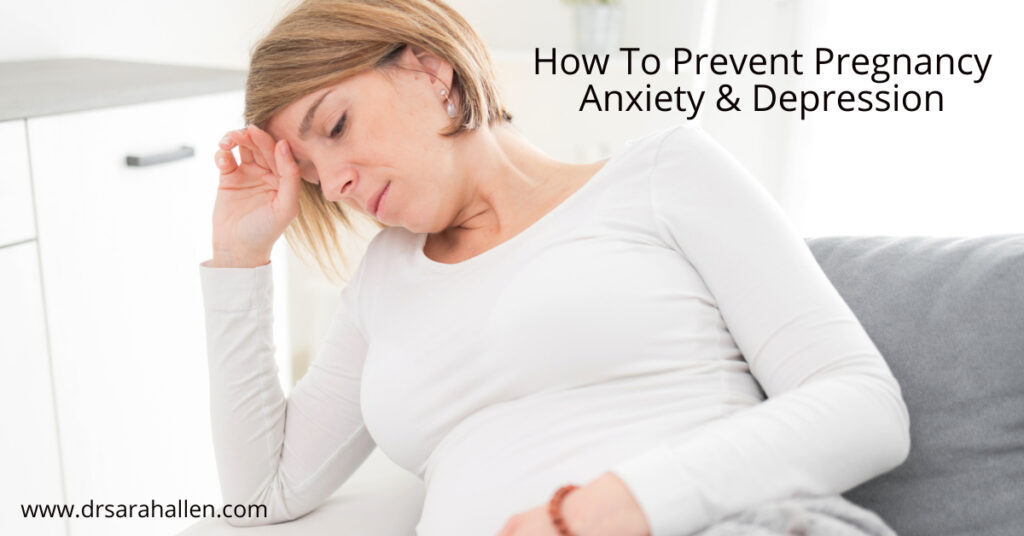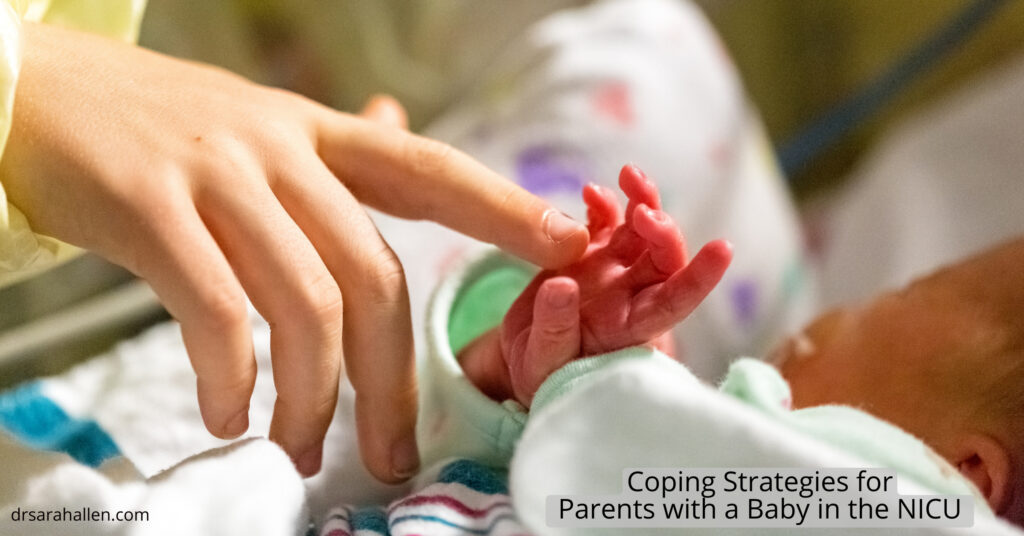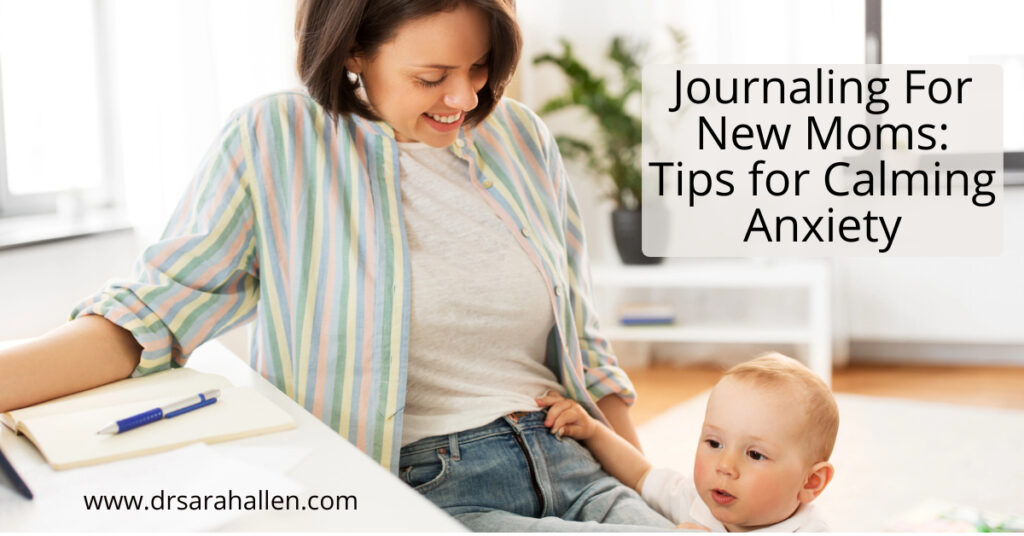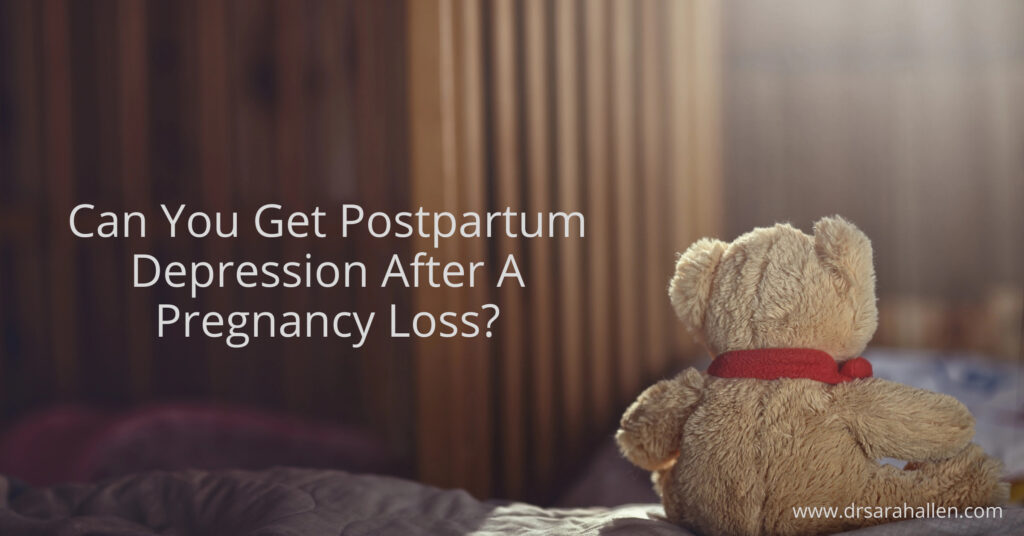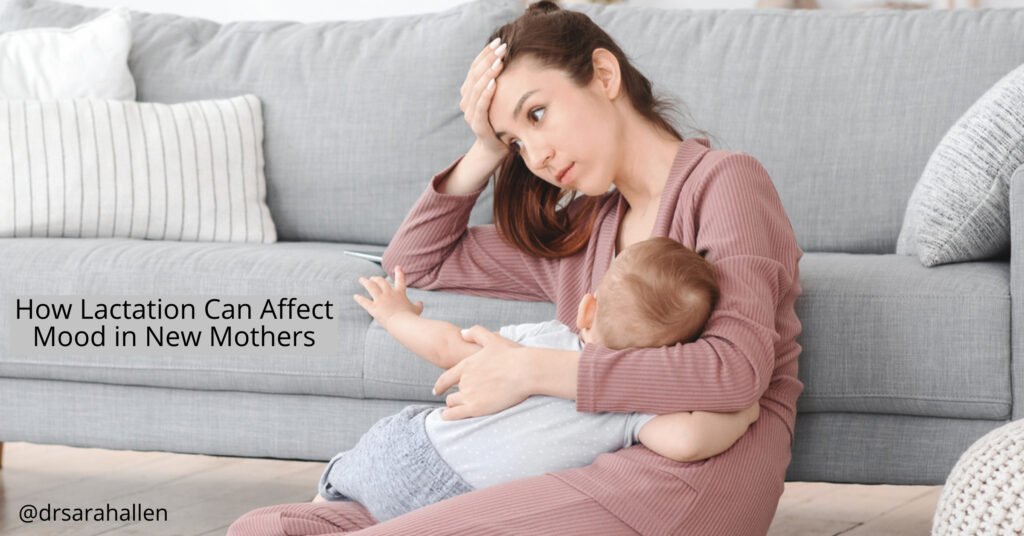
We know that approximately 15 to 20 percent of new mothers experience depression in the first year after giving birth and also that maternal depression can negatively affect both a children’s cognitive and behavioral development. Mounting studies are now showing that becoming a father increases a man’s risk of experiencing anxiety and depression as well and that too can impact a child’s development.
When I first started working with new parents (over 20 years ago) the research at the time only focused on depression in moms after the baby was born. Then in the past decade or so, researchers began realizing that new moms suffer from anxiety as much as depression and also, that symptoms just as frequently begin during pregnancy. They are now turning their focus on paternal depression. The fact that fathers of young children suffer an increased risk of depression and anxiety is nothing new with those of us who specialize in treating these issues but it is so great that the recent research is now being carried out. This will hopefully increase awareness of paternal anxiety and depression and therefore reduce the stigma and bring more community resources.
One study which was published in Pediatrics, found that depression symptoms rise about 68% for fathers (that live with their children) between the time a baby is born until the child is 5 years old. That’s a huge number of Dads! “It’s not just new moms who need to be screened for depression, dads are at risk, too,” said Dr. Craig Garfield, author of the new study. “Parental depression has a detrimental effect on kids, especially during those first key years of parent-infant attachment. We need to do a better job of helping young dads transition through that time period.”
More recent studies have shown that the prevalence of depression in fathers is considerably higher than in the general adult population. In a comprehensive review of existing studies (Rao et al., 2020) found that 9.76% of dads experienced prenatal depression (depression when their partner is pregnant), with a slight dip to 8.75% experiencing paternal depression postpartum. Paternal depression can also deteriorate the marital relationship and psychosocial and behavioral problems in offspring (Cui et al., 2020).
It is important to acknowledge the struggles faced by new fathers, as well as supporting mothers who experience PPD, as depression in either parent can put a strain on their relationship and may lead to emotional and behavioral challenges in their children. Further research that focuses on paternal depression will hopefully increase awareness of paternal mood disorders and therefore reduce the stigma and bring more community resources to fathers too.
My take-away message is if you’re a dad feeling overwhelmed, please take proactive steps to look up paternal depression symptoms and reach out to a counselor specializing in treating dads as therapy can lead to positive changes for the entire family.
With such a high occurrence it is important for medical professionals and family members to be on the lookout for symptoms as unfortunately, there is not yet a general awareness in our society that paternal depression exists.

Some symptoms of paternal depression are different from women’s and often men don’t acknowledge their feelings of sadness, hopelessness and/ or guilt. Men may also feel in conflict between how they think a man should be and feel and how they are actually feeling. Remember it doesn’t necessarily mean you are just sad; anxiety and anger can be part of it too.
Below is a list of possible symptoms but remember the severity and number of symptoms varies across individuals.
Symptoms of Paternal Depression
• Frustration or irritability
• Getting stressed easily
• Feeling discouraged
• Increases in complaints about physical problems such as headaches, digestion problems or pain
• Problems with concentration
• Fatigue
• Lack of motivation
• Loss of interest in work, hobbies and sex
• Isolation from family and friends
• Working constantly
• Increased anger and conflict with others
• Increased use of alcohol or other drugs
• Misuse of prescription medication
• Violent behavior
• Impulsiveness and taking risks, like reckless driving and extramarital sex
• Thoughts of suicide
Who Is At Risk?
Many of the risk factors for postpartum depression in women also predispose men to postpartum depression.
Lack of sleep is one risk factor that is especially common when you have an infant. Depression and sleep problems often go hand in hand, and there is a lot of research that suggests that prolonged sleep deprivation is associated with changes in brain chemistry that can increase the risk of depression.
Others risk factors include:
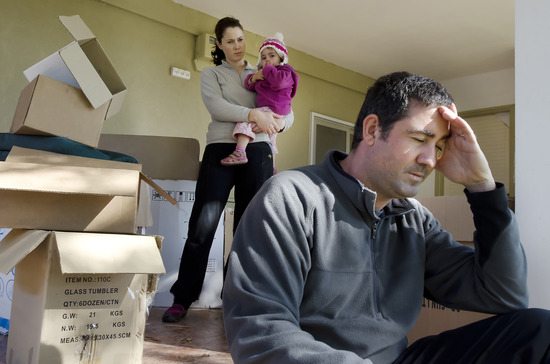
- A personal or family history of depression and/or anxiety
- A personal history or alcohol or drug abuse
- A major life event such as a loss, house move or job loss
- Financial stress
- Relationship stress
- Lack of emotional support from family and friends
- Being a father of multiples or a baby with special needs
What Can Men Do?
The most important thing to remember is that paternal depression is very treatable and although it is a serious condition, you can recover.
Firstly, it is important for both you and your partner to practice self-care.
Physical health. Simple things like making sure you are looking after your physical well being by getting nutritious food, staying hydrated and getting a little exercise are so important for all new parents. Your physical health and emotional health are very connected which brings me to the next two points.
Rest and breaks. In the first months many men do double duty by going to work and then taking over childcare as soon as they get home. Moms of course need this support as it is really hard to be at home with a baby all day, but try to discuss ways you can share childcare and chores, perhaps getting outside help for a while, so you can each get a break sometimes. Or make sure you take a short break at work, even when you are stressed about getting work done.
Sleep. Yes, I know sleep is at a premium at your house but sleep deprivation can cause a mood disorder in anyone, not just new parents. I see men participating in looking after babies at nighttime more and more, but it is important for you and your partner to alternate nights or sleeping in the morning, so at least one of you is getting sleep. You don’t both need to be awake.
Emotional care is just as important as physical self care.
Tackle isolation. Men tend to feel isolated as their support circles tend to be smaller than women’s. Also men often rely on their partner for emotional support and she may not have enough emotional energy to do that at the moment, especially if she is experiencing a postpartum mood disorder herself. Talk to other Dad’s and I think you will find that they will also agree on how difficult parenthood can be. If it is too hard to talk to people you know, start by calling in a forum especially geared towards men. On the first Monday evening of the month, PSI has an informational phone forum for dads, facilitated by an expert in perinatal mood and anxiety disorders and recovery. Participation is free.
Visit https://www.postpartum.net/get-help/chat-with-an-expert-for-dads
Look online for information about being a father. Unfortunately, there are very few online resources for paternal depression but http://www.postpartumdads.org/ has got some good information and PSI has a good page for Dads too https://www.postpartum.net/get-help/resources-for-fathers/
I was recently interviewed for a great article in Redbook magazine and you can read it online here Redbook : Men Get Postpartum Depression Too

Seek help from the professionals. Therapy helps and you don’t need to continue therapy for years, if you choose the right therapist you can take away strategies even starting from the first session!
It is important to choose someone who has many years experience and specializes in treating new parents. Ask a potential psychologist before setting up an appointment whether they have attended conferences and specialized training and how many years they have been treating paternal mental health.
Therapy can also help you with stress management, juggling home and work responsibilities and relationship issues that can often come up when you and your partner are transitioning to parenthood.
So if you know a dad who is feeling a lot of anxiety, irritability and not enjoying things in life as he once did, please encourage him to reach out for the support and help he needs from a professional that understands the life transitions a baby brings.
If you have any questions about depression after having a baby or if you feel stressed and overwhelmed as a parent of any age child contact me at 847 791-7722 or on the form below.

Dr. Sarah Allen has 25+ years of experience in private practice helping women to transition to being the mom they want to be. She is the Founding Director of the statewide non-profit Postpartum Depression Alliance of IL. She also specializes in pregnancy loss & infertility & has published research on postpartum depression and traumatic childbirth.
If you would like to work with Sarah, please phone her at 847 791-7722 or on the form below.
If you would like to read more about me and my areas of specialty, please visit Dr. Sarah Allen Bio. Dr. Allen’s professional license only allows her to work with clients who live in IL & FL & the UK and unfortunately does not allow her to give personalized advice via email to people who are not her clients.
Dr. Allen sees clients in person in her Northbrook, IL office or remotely via video or phone.

What Can I Read That Helps Me While I Am Waiting For My First Appointment With Sarah?
If you feel that you may be experiencing pregnancy or postpartum mood disorder, or worry that you may be at risk of developing it, please download my free booklets below.
See each specific webpage to download one or many.
